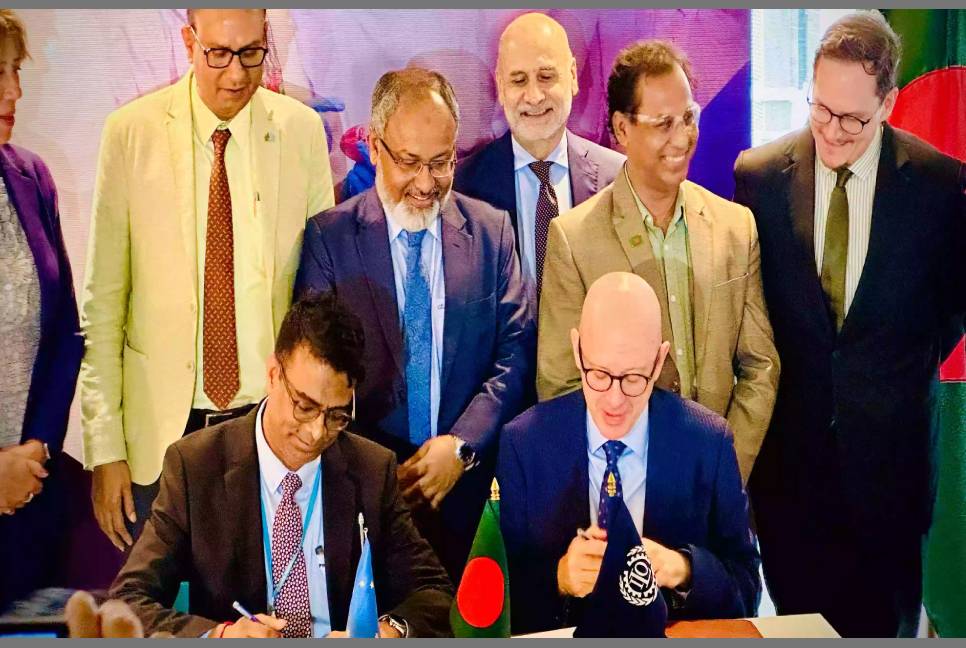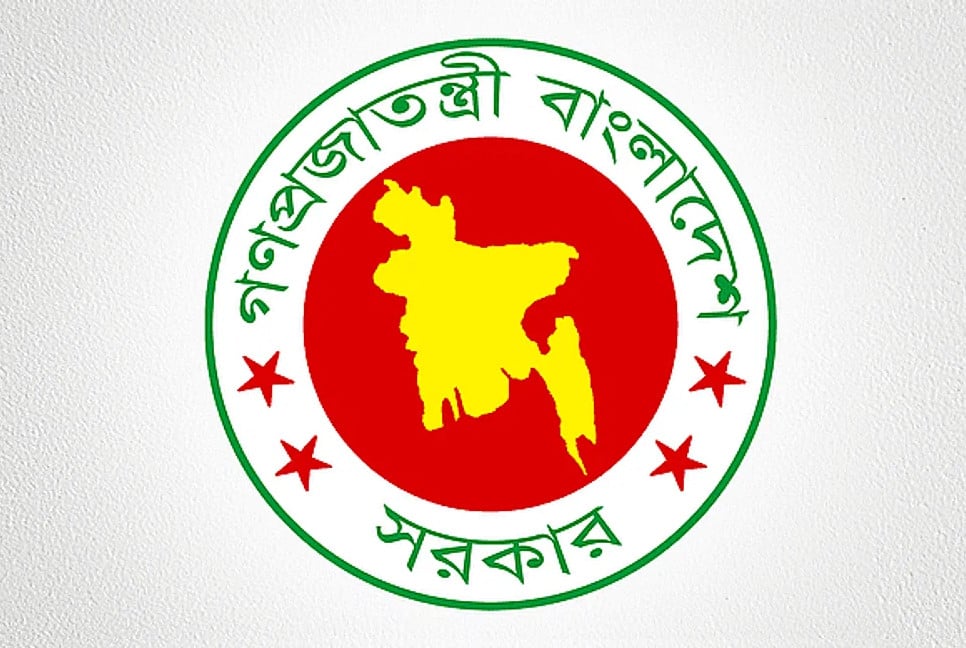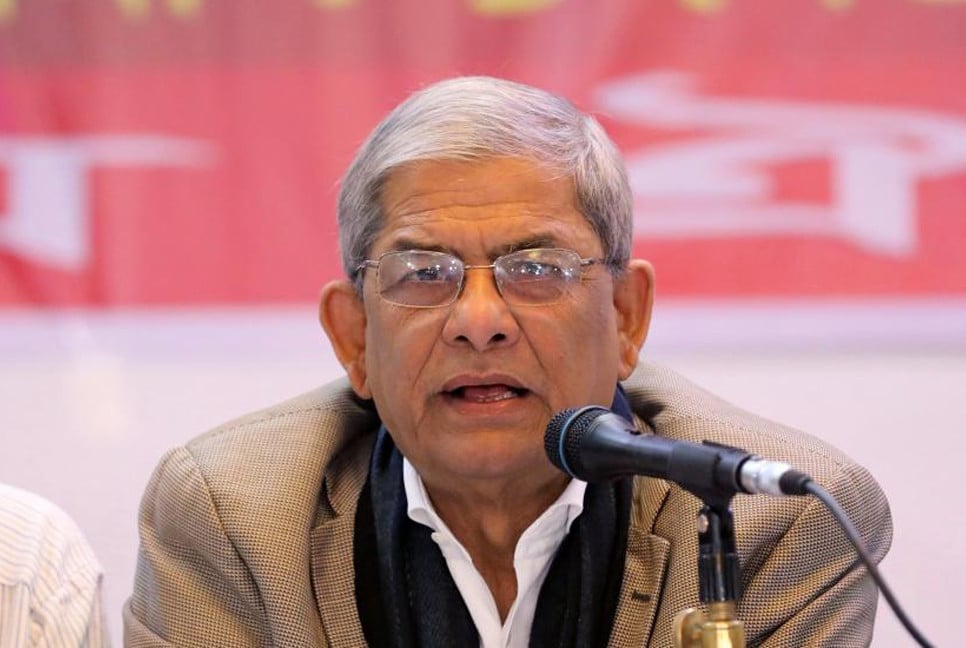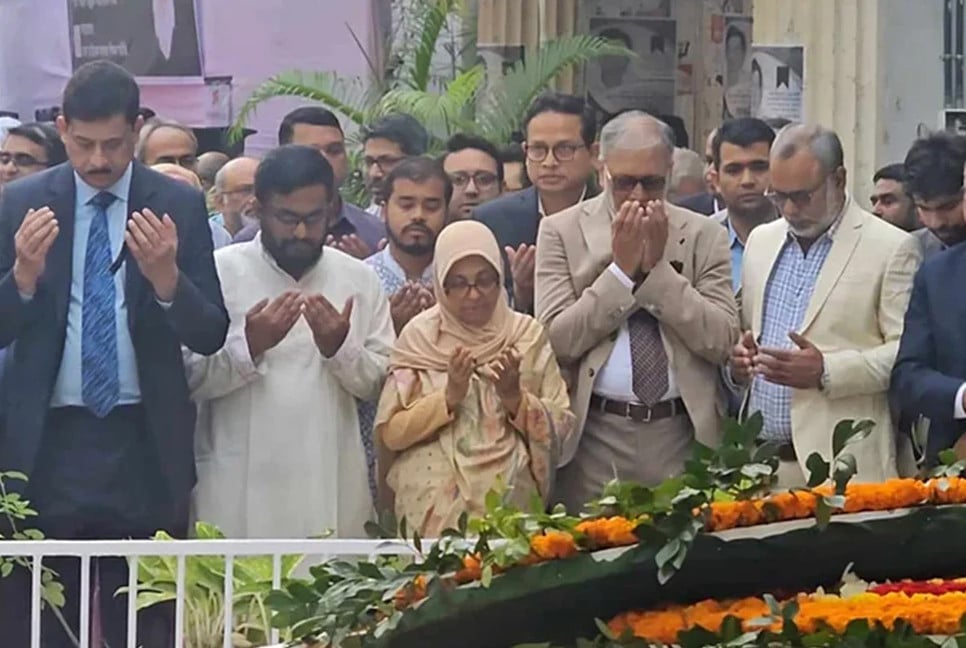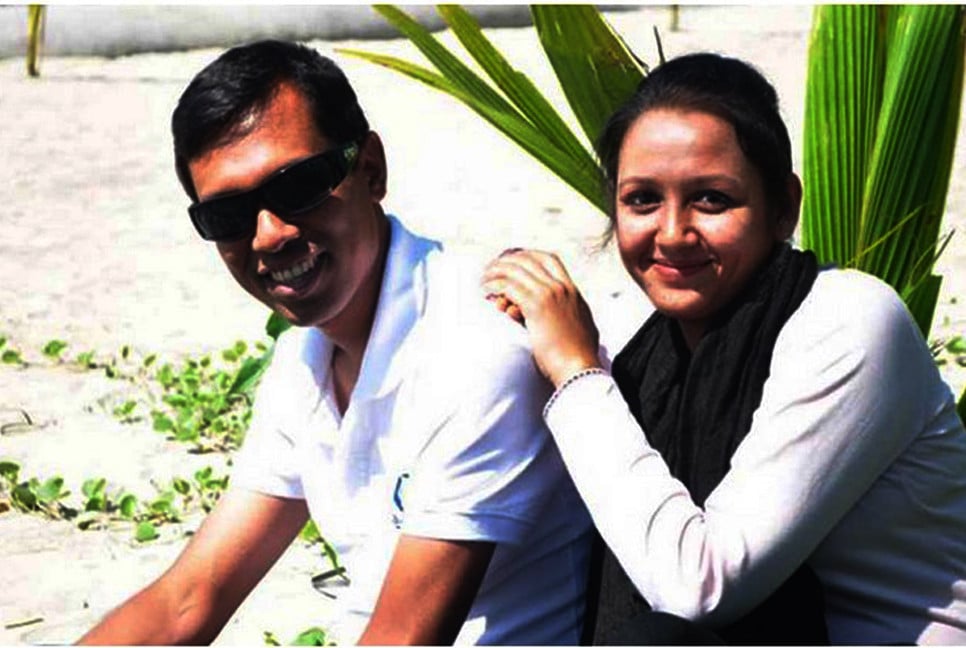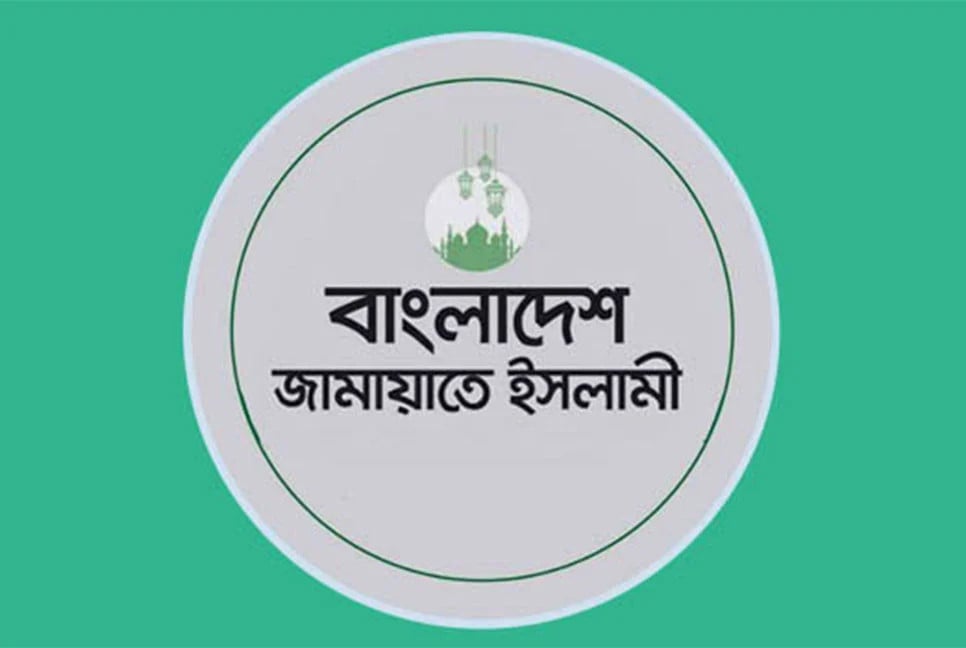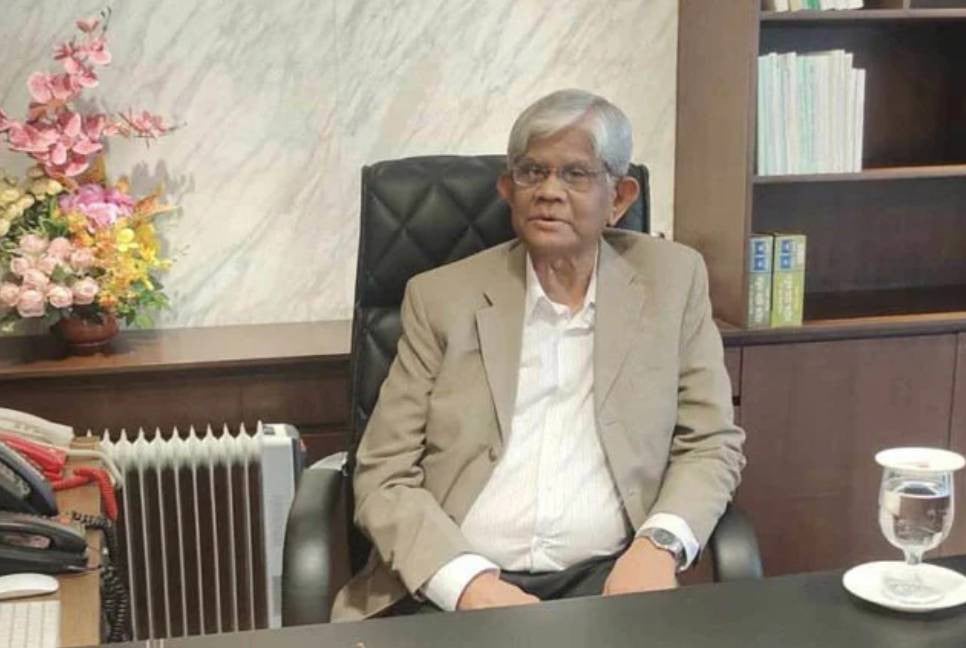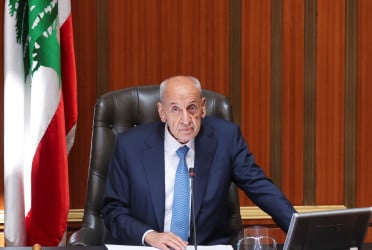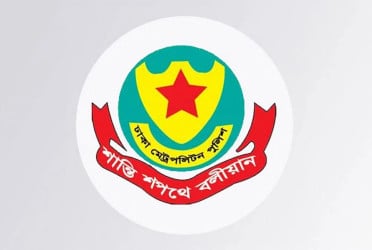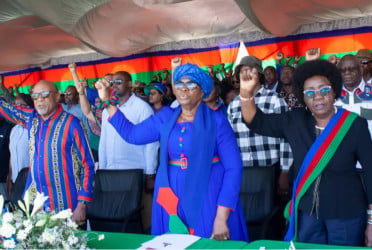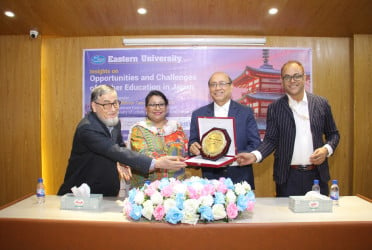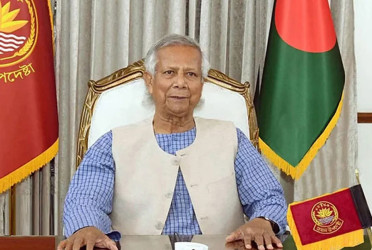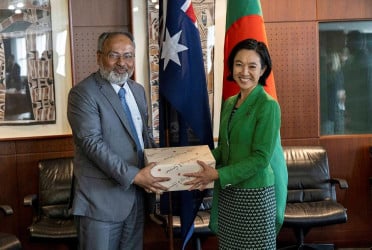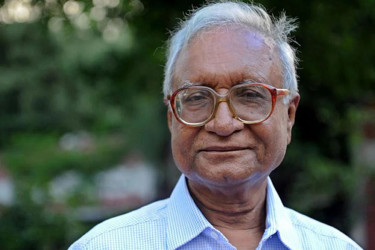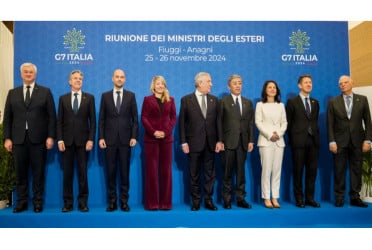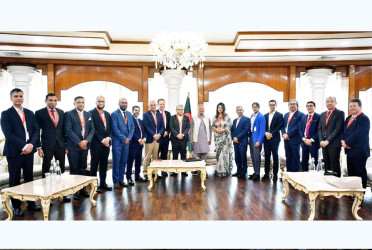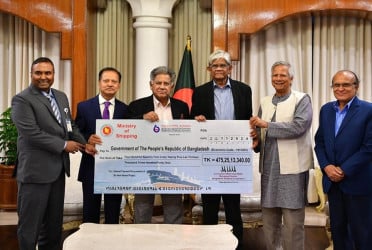Ambassador of the European Union to Bangladesh Charles Whiteley on Monday said the signed “Talent Partnership with Bangladesh” will benefit migrants and their families economically.
He said the partnership will also improve overall migration management, increase labour force skills, and strengthen Bangladesh’s capacity for cooperation with countries of destination outside the EU, including the reduction of irregular migration.
Whiteley said the Talent Partnership marks another milestone in Bangladesh-EU relations, and this win-win effort will boost sustainable growth and address labour market demands in Europe.
Acting Foreign Secretary Dr Md Nazrul Islam and European diplomats also spoke at the event, UNB reports.
The acting Foreign Secretary said they see immense potential in providing skilled workforce to the EU Member States in the sectors of ICT, nursing and caregiving, hospitality and tourism, construction, transport and logistics, garments and textile, agriculture and agro-processing, shipbuilding, etc.
"We are confident that the Talent Partnership project will significantly contribute towards upgrading of technical and vocational training in Bangladesh with a view to enhancing workers' employability and competitiveness not only for EU Member States but also for the global market," he said.
EU Ambassador highlights migration benefits through “Talent Partnership with Bangladesh”
Dr Nazrul Islam assured that the relevant ministries, departments, and agencies of the government of Bangladesh will extend all possible cooperation to make the project a grand success.
"Bangladesh stands ready to offer the leverage of its demographic dividend coupled with the vast pool of skilled human resources," he said.
The EU Ambassador hoped that the partnership between the European Union and Bangladesh will bring about positive and lasting change for all.
“Our commitment to supporting the Government of Bangladesh in ensuring safe, orderly, and well-managed migration has never been stronger,” he said at the signing ceremony held at his residence.
Whiteley said the European Union firmly believes in the principles of human rights, dignity, and solidarity.
“It recognizes that migration should be a choice and not a necessity driven by desperation,” he said.
The European Commission is currently developing Talent Partnerships with five countries: Egypt, Morocco, Tunisia, Bangladesh and Pakistan. A number of Member States are already actively participating in the Talent Partnerships.
Developing regular labour migration with partners is mutually beneficial for several reasons.
It supports the economic development of partner countries through expertise and remittances, addressing migration root causes effectively.
Secondly, the envoy said, it strengthens cooperation on migration management, including return policies and anti-smuggling efforts, enhancing overall collaboration.
He said promoting legal migration is crucial for Europe's future, particularly amidst a shrinking workforce and skills shortages in key sectors like healthcare and agriculture.
"These efforts ensure sustainable growth and meet essential labor demands effectively," Whiteley said.
The programme “Supporting a Talent Partnership with Bangladesh” of EUR 3 million will provide mutually beneficial, regular, and safe mobility pathways to the European Union, promoting legal labour migration from Bangladesh towards the European Union and contributing to the prevention and reduction of irregular migration, said the EU envoy.
He thanked Member States, especially Italy and Germany, that have been part of the process up to now.
"Member States’ participation and engagement are essential for the success of Talent Partnerships, as only Member states can offer concrete mobility schemes to third countries," he said, encouraging more Member States to take part in the initiative.
The Talent Partnership programme capitalised on the results achieved by the ongoing EU grant programme Skills21, particularly the development of models to facilitate skill mobility to the EU with operational modalities.
Skills21 project has also been extended to complement the Talent Partnership with additional activities in the TVET sector, for EUR 1.8 million.
In summary, nearly EUR 5 million (EUR 3 million + EUR 1.8 million) will fund the operationalization of the Talent Partnership with Bangladesh, focusing on these key areas:
@ Strengthening labor mobility mechanisms and fostering dialogue between public and private stakeholders in labor migration.
@ Enhancing infrastructure and technical capacity among key partners in Bangladesh.
@ Improving training packages, apprenticeships, and recognition of prior learning in sectors needed in the EU.
@ Providing integrated training on soft skills, language proficiency, social and workplace integration, and pre-departure preparation.
@ Supporting skills and entrepreneurship development for workers returning from EU member states.
bd-pratidin/GR

